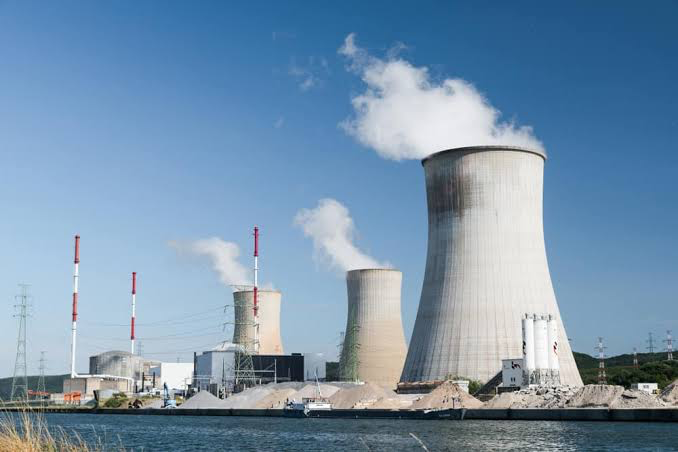KEY POINTS
- Italy plans to draft new nuclear energy laws by early 2025.
- New technologies like SMRs and AMRs could help meet rising electricity demand.
- Nuclear power could account for up to 11 percent of Italy’s energy needs by 2050.
Italy is considering lifting its long-standing ban on nuclear energy, with plans to draft new legislation by early 2025.
The move, led by the Italian Ministry of Environment and Energy Security, aims to introduce new nuclear technologies to support the country’s energy transition.
Exploring new nuclear technologies
Energy Minister Gilberto Pichetto Fratin announced that his team, led by legal adviser Professor Giovanni Guzzetta, will complete a comprehensive analysis of nuclear energy by the end of the year. This analysis will guide the creation of new laws to potentially reverse the nuclear ban.
However, the Italian parliament is expected to review and approve the draft legislation by 2025.
Nuclear power has been a controversial issue in Italy, where referendums in 1987 and 2011 led to a complete ban on nuclear plants. However, the government is now exploring technologies like small modular reactors (SMRs) and advanced modular reactors (AMRs), which could play a key role in Italy’s green energy transition.
Pichetto emphasized that Italy’s growing electricity demand—expected to double to 583 Terawatt hours (Twh) by 2050—requires more than just renewable energy sources to meet future needs.
Potential economic and environmental benefits
Also, in Italy’s energy and climate plan, the government estimates that nuclear power could meet up to 11 percent of the country’s energy demand by 2050.
Despite the ban, Italy has maintained expertise in the nuclear sector. State-controlled utility Enel operates nuclear power plants in Spain, and energy giant Eni is investing in nuclear fusion research in the United States.
Utility Edison, the Italian subsidiary of the French nuclear group EDF, has also shown interest in developing small nuclear reactors in Italy.
Moreover, Pichetto suggested that SMRs could be operational in Italy as early as 2035, potentially contributing to the country’s green energy goals.
According to a joint study by Edison, Ansaldo Nucleare, and economic think tank The European House Ambrosetti, the introduction of new nuclear technologies could add over 50 billion euros to Italy’s economy.
Aiming for a green future with nuclear power
Enel’s grid business head, Gianni Vittorio Armani, expressed enthusiasm for the potential of third- and fourth-generation nuclear technologies, including SMRs.
In addition, these advancements could support Italy’s transition to a cleaner and more sustainable energy system.
While the debate over nuclear energy continues, Italy’s decision to explore these options could signal a major shift in its energy policies.
The government’s commitment to meeting future energy demands and reducing carbon emissions may lead to a historic reversal of the nuclear ban.



